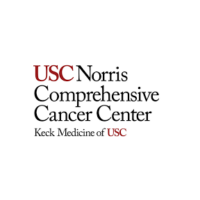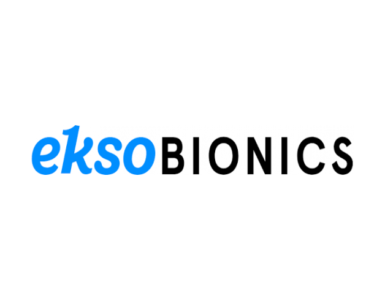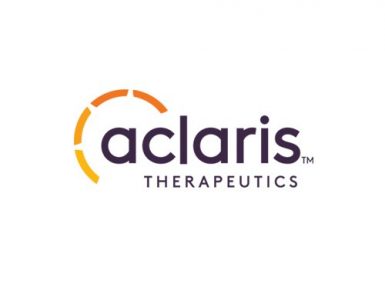
Researchers at the University of Southern California’s (USC) Norris Comprehensive Cancer Center have designed a new type of CAR-T treatment that reduces the risk of cytokine release syndrome (CRS), a dangerous immune reaction associated with the therapy.
CAR-T is a T-cell therapy produced by genetically modifying a patient’s own T-cells to express a chimeric antigen receptor (CAR) that directs T-cells to kill cancer cells bearing a specific marker. The therapy has been associated with CRS, a systemic inflammatory response to cytokines being released into the bloodstream that causes symptoms such as fever, rash, difficulty breathing and brain swelling.
The first two FDA-approved CAR-T therapies, Novartis’ Kymriah and Gilead’s Yescarta, use a CD19 CAR to target and kill cancer cells bearing the CD19 marker. The USC researchers identified a CAR variant called CD-19BBz(86) that produced lower levels of cytokines but maintained its ability to kill CD19 tumor cells.
When tested in 25 lymphoma patients, six went into complete remission, of which five were disease-free six months after CAR-T treatment. Of the reported side effects, all were mild and did not require treatment. The researchers are planning a Phase 2 study in a larger group of patients.
The study was published in the peer-reviewed journal Nature Medicine, and can be accessed here.






